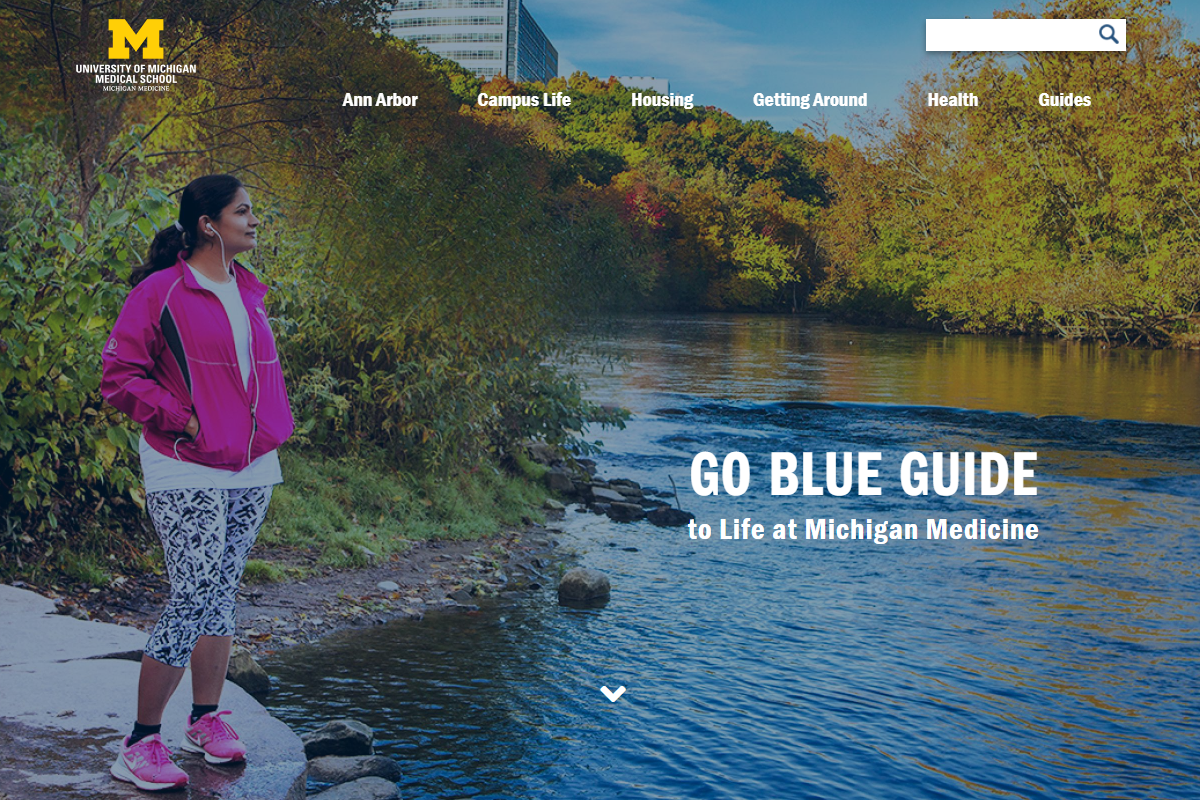The Infectious Diseases Fellowship Program at the University of Michigan is one of the leading programs in the country dedicated to preparing physicians for excellence in the diagnosis and management of infectious diseases and to advancing the field through research and education. Our fellowship is a comprehensive program accredited by the Accreditation Council for Graduate Medical Education (ACGME).
"Over 100 Infectious Diseases specialists have completed their fellowship training in our program. Approximately half have entered academic medicine and have become respected faculty members, clinicians, teachers, or investigators." - Daniel Kaul, MD, Program Director
Program Overview
The Infectious Diseases Fellowship Program offers a dynamic blend of clinical training, research opportunities, and educational experiences in a supportive and collegial environment. Our fellows graduate equipped to pursue a wide range of career paths including academic medicine, public health, epidemiology, and clinical practice. Unique features include our multidrug resistant organism (MDRO) service and a close relationship with our nearby School of Public Health allowing fellows to participate in the graduate level Summer Session in Epidemiology or pursue additional training in public health. For interested fellows, we offer formal tracks focused on medical education, transplant infectious disease, antimicrobial stewardship, and research.
Clinical Training
Fellows gain extensive experience in managing diverse infectious diseases through rotations at our two training sites, the University Hospital and the VA Ann Arbor Healthcare System. Trainees encounter a myriad of infectious conditions, from community-acquired infections to complex nosocomial and opportunistic infections occurring in immunocompromised hosts. Our fellows participate in both inpatient consult services and outpatient clinics and provide follow-up care for patients they meet during their inpatient consult months.
Michigan Medicine has had a Ryan White funded HIV/AIDS Program since 1997, and currently we care for more than 900 HIV infected individuals. Additional HIV experience is available at the Ann Arbor VA Medical Center. With mentorship from our expert faculty, fellows learn to take a comprehensive approach to patient care, emphasizing evidence-based treatment and compassionate communication. Learn more.
Curriculum & Tracks
We feel that it is critical that all fellows, regardless of their eventual career interests, receive core experiences in the following areas: Infection Prevention and Hospital Epidemiology, Antimicrobial Stewardship, HIV/AIDS, and Transplant Infectious Disease. To that end, we have created curricula in each of those areas to achieve core competence. For fellows with particular interest in antimicrobial stewardship, medical education, transplant infectious disease, or intensive research training, specialized tracks are available. Learn more.
Research Training
Research is an integral part of our fellowship program. Fellows participate in lectures and small group discussions as part of the curriculum. Fellows also have the opportunity to pursue formal training in study design/biostatistics through the U-M School of Public Health. Fellows may engage in a broad array of research activities, including basic science investigations, clinical and translational research, qualitative research, epidemiologic studies, and health services research. We encourage fellows to collaborate across departments and institutes to enhance their research experience, as many of our current faculty already do.
Our faculty members are recognized leaders in their fields and are committed to mentoring fellows throughout their research endeavors. Each fellow will design and implement a scholarly project, with the aims of presenting at national meetings and publishing in peer-reviewed journals. Learn more and watch this video for an overiew of our research opportunities.
Education and Mentorship
Education is bolstered by a robust conference and lecture curriculum that includes didactic lectures, journal clubs, case conferences, and board review sessions. Our training program also emphasizes the importance of teaching, and fellows have opportunities to educate medical students and residents and participate in a “fellows as teachers” curriculum at the Ann Arbor VA.
Mentorship is a cornerstone of our program. In addition to their research mentor, each fellow is paired with a faculty mentor who provides guidance on career development, scholarly pursuits, and work-life balance. This relationship fosters professional growth and helps ensure the success of our fellows beyond their training at Michigan Medicine.
Salary and Benefits
Click here for more information.
Contact Us
For more information about the Infectious Diseases Fellowship Program, please contact:
Daniel Kaul, MD
Professor of Internal Medicine
Director, Transplant Infectious Disease Service
Director, Infectious Diseases Fellowship Program
[email protected]
Andrea Ernst
GME Program Administrator
Division of Infectious Diseases
Department of Internal Medicine
University Hospital South
1500 East Medical Center Drive
Ann Arbor, MI 48109-5226
Phone: (734) 936-3927
Fax: (734) 936-2737
[email protected]
Life at Michigan Medicine
Go Blue Guide
Ann Arbor Highlights







